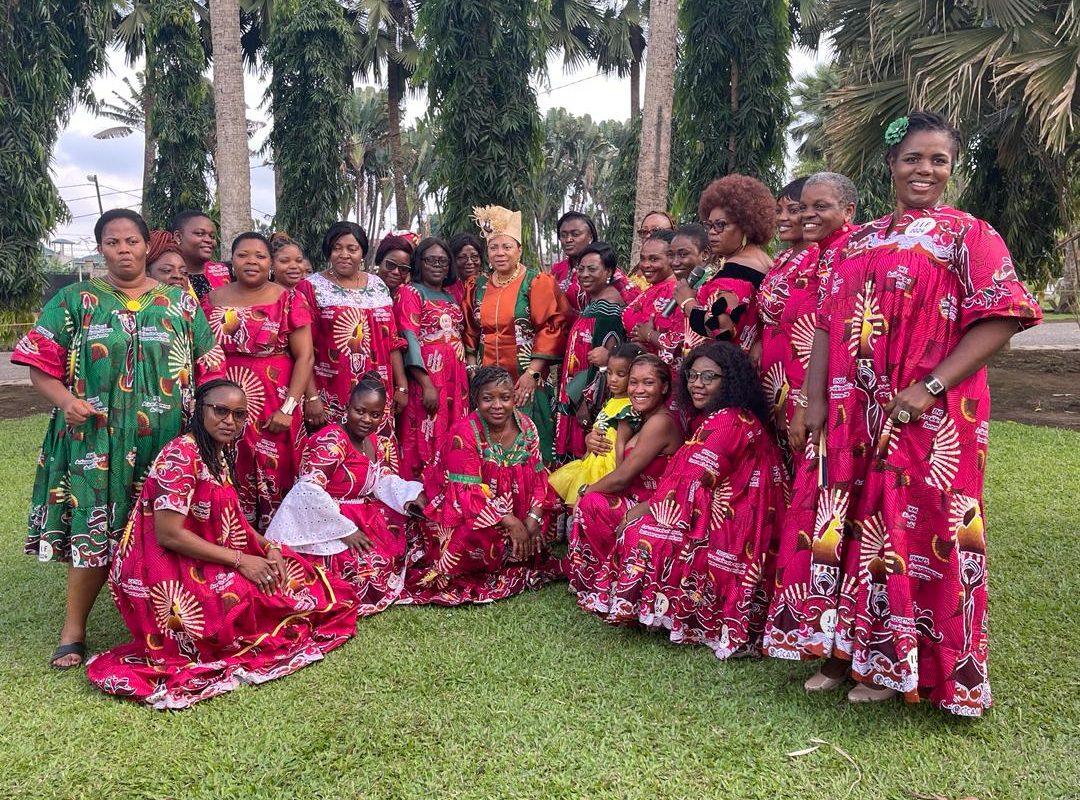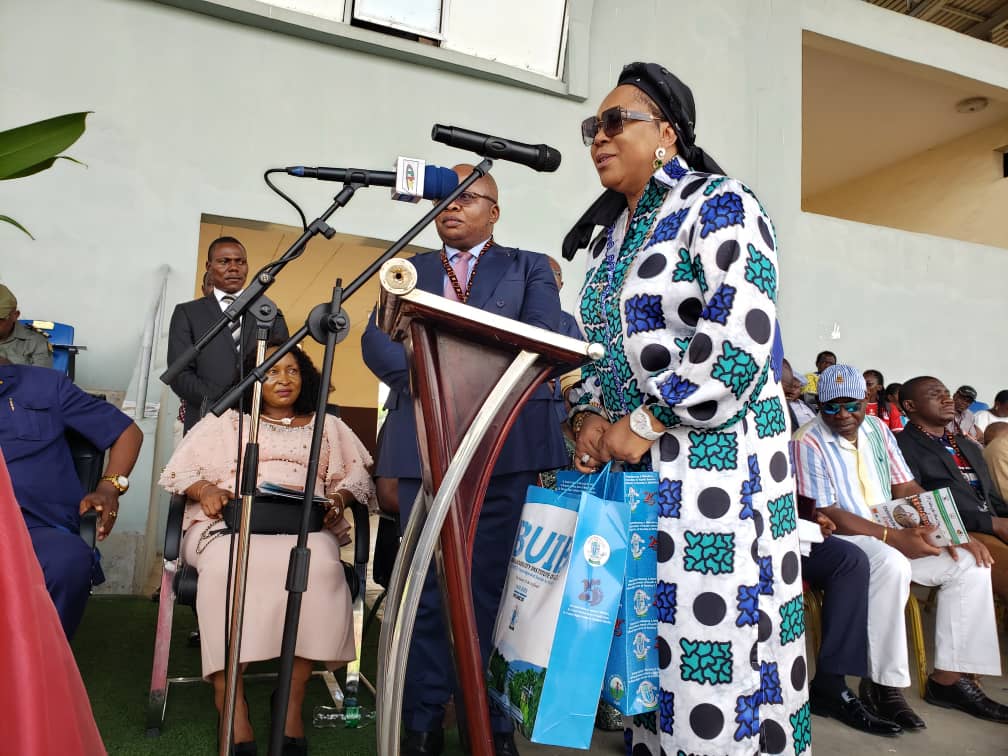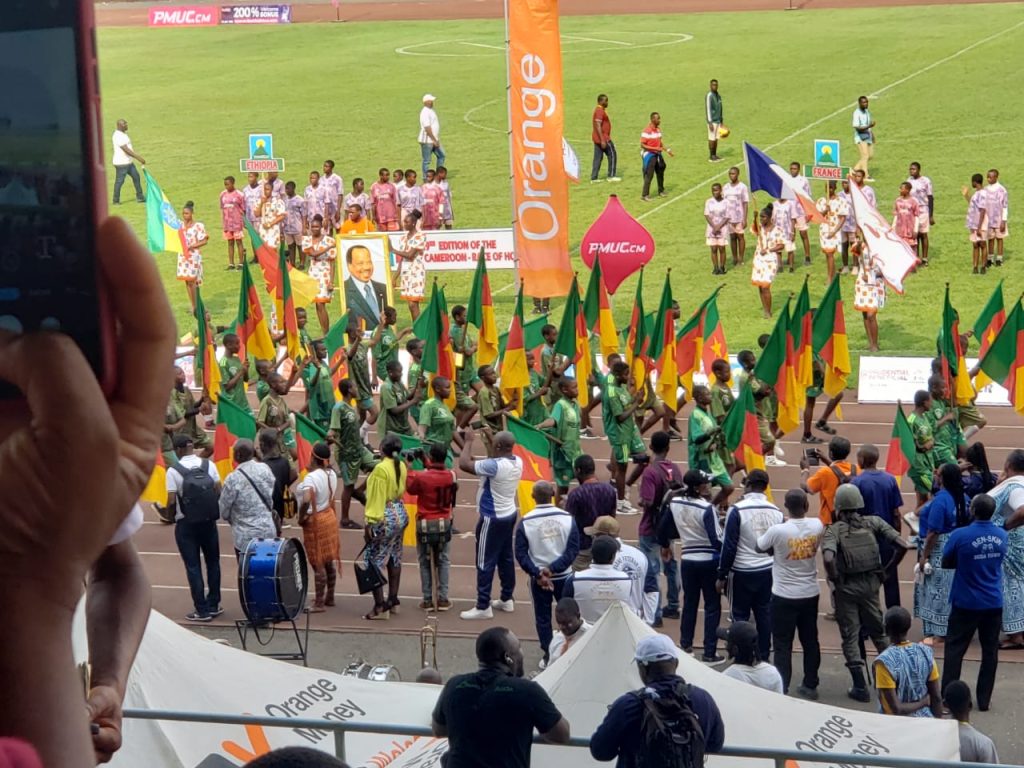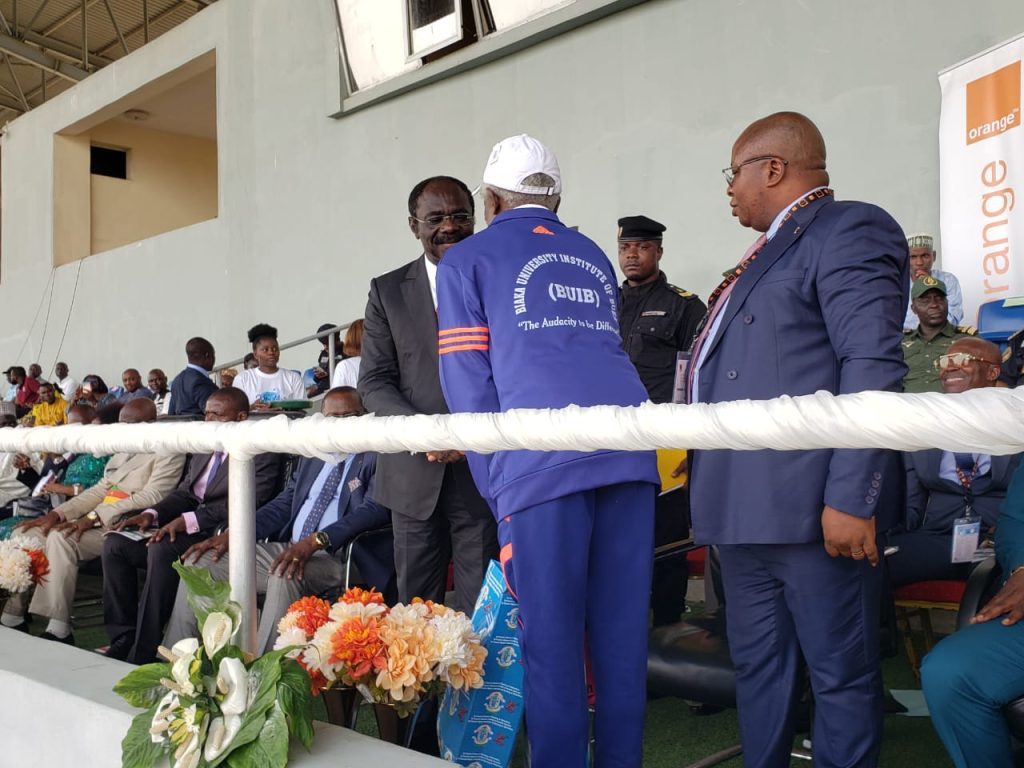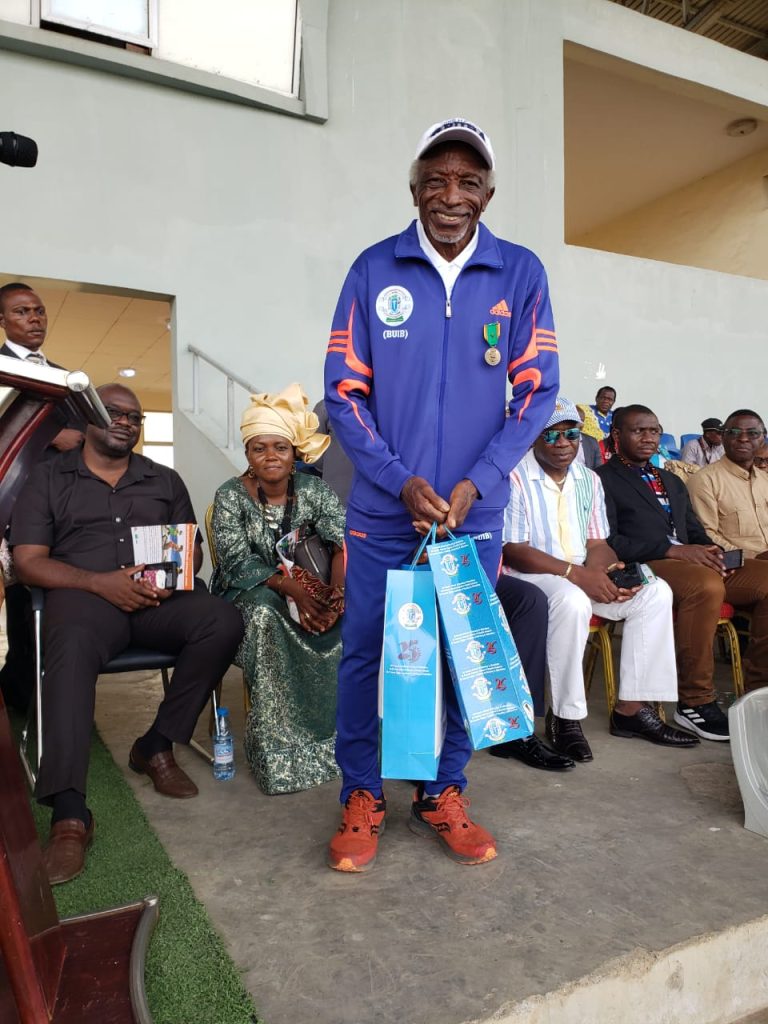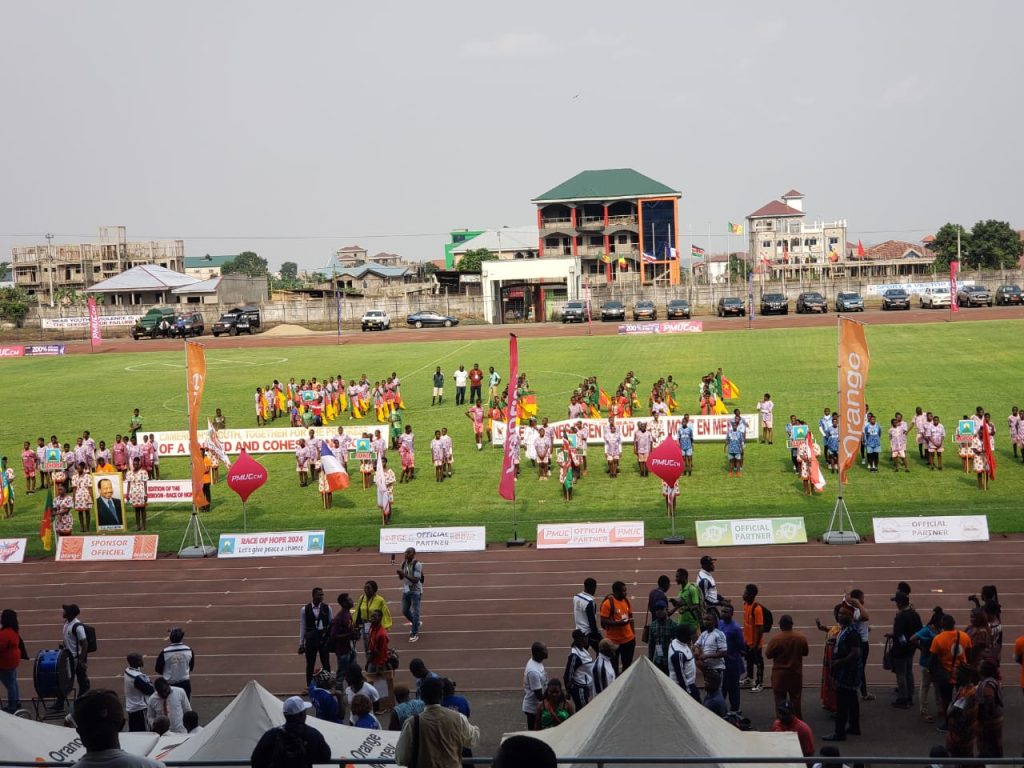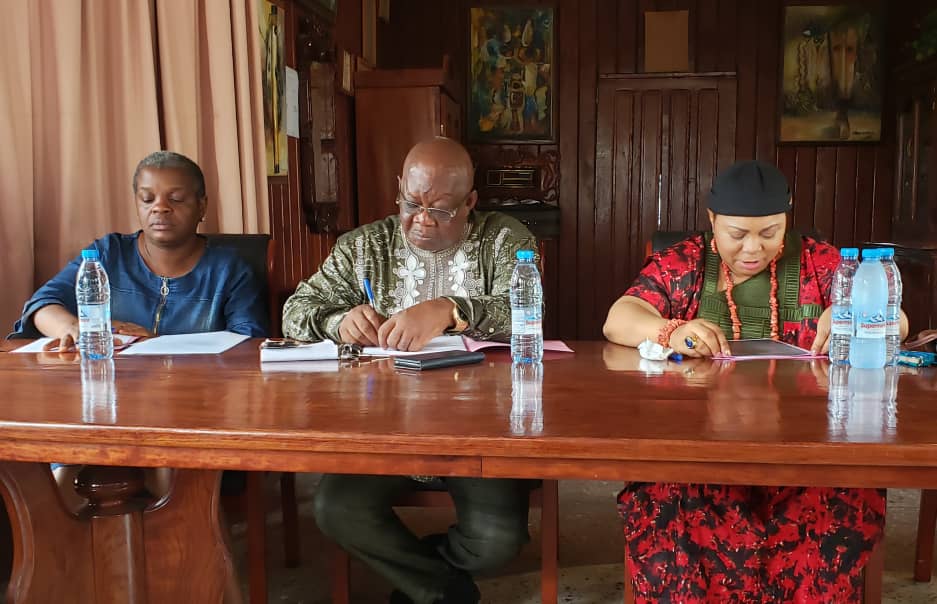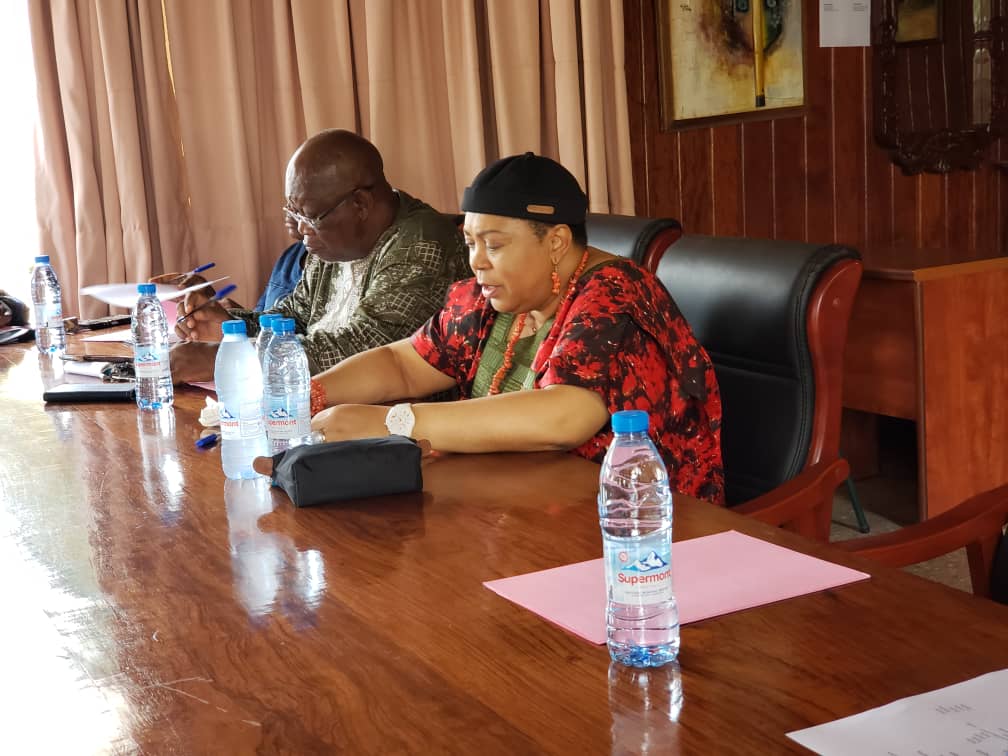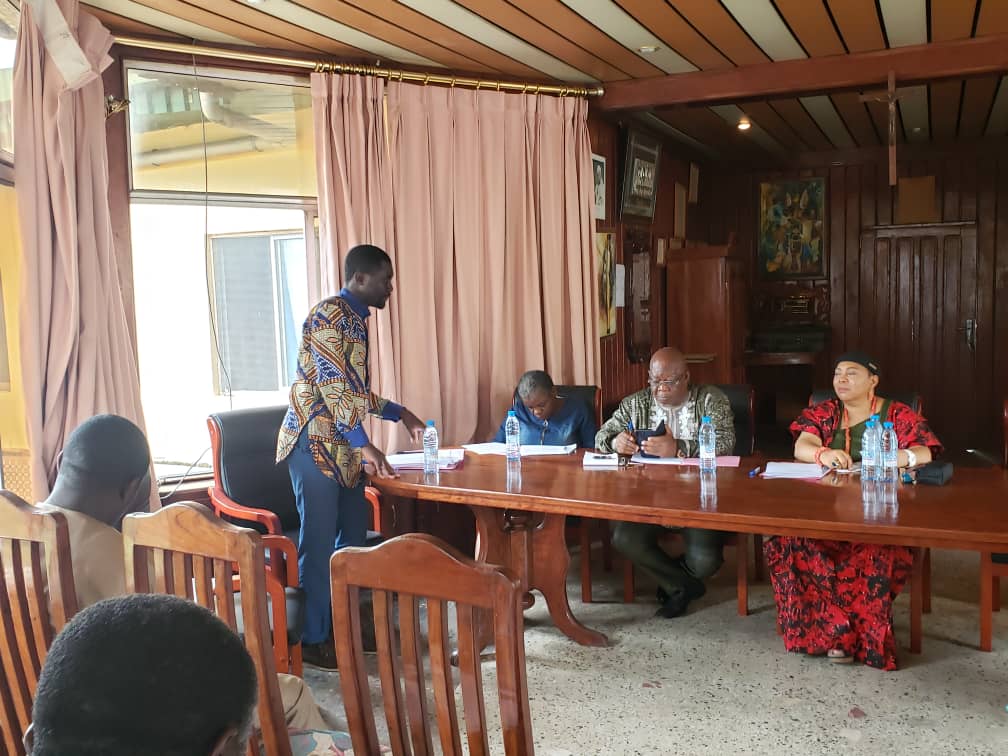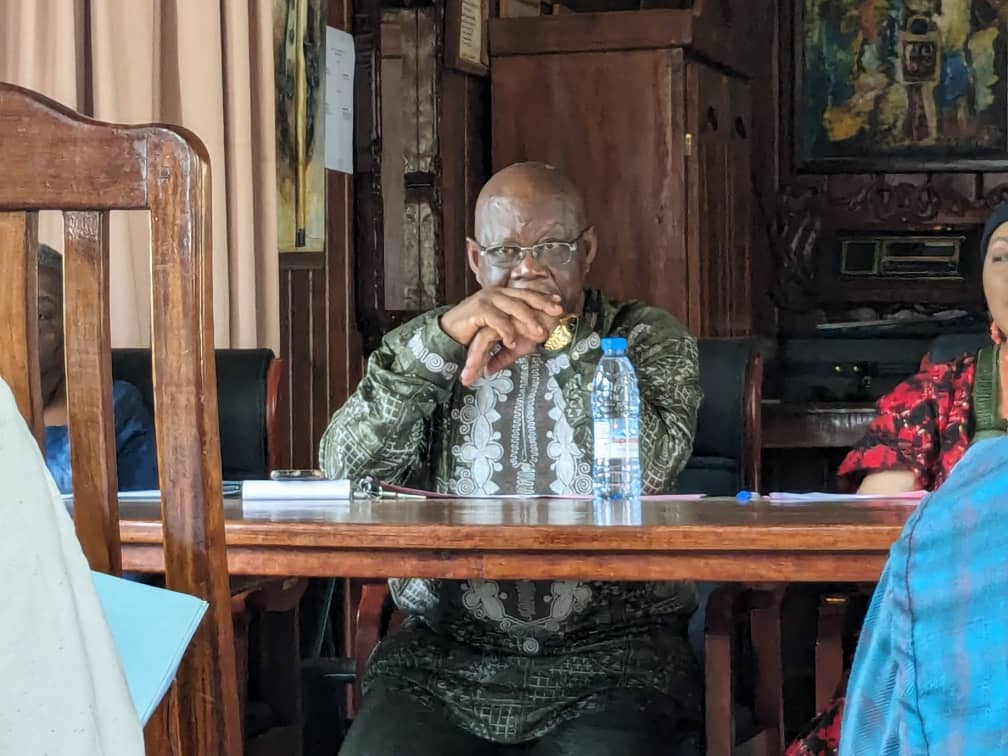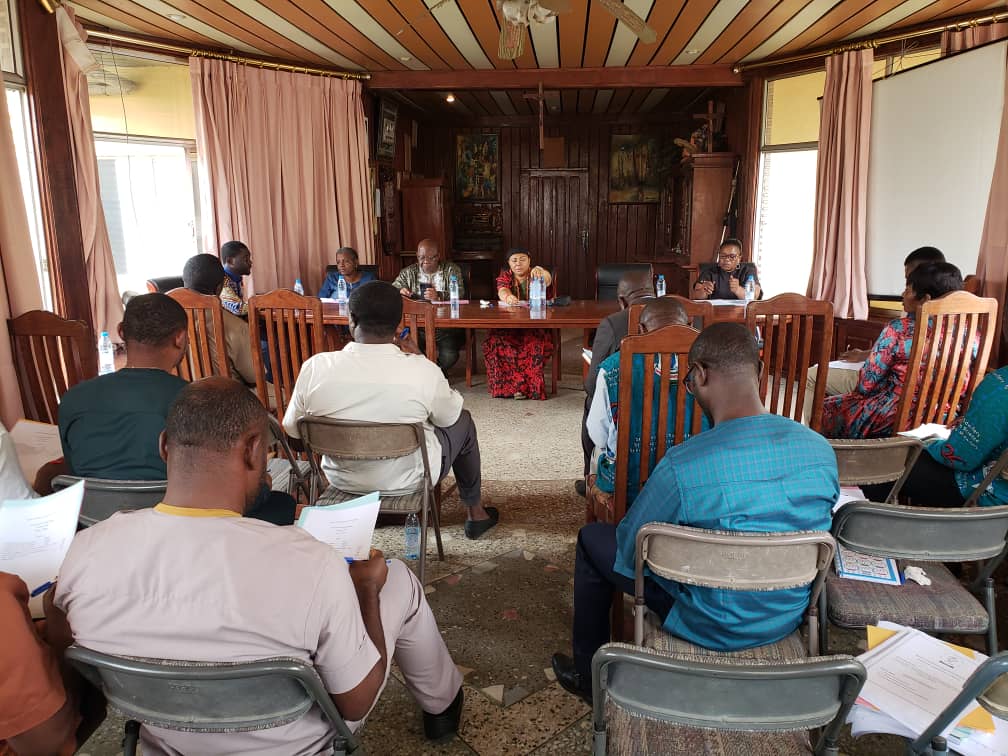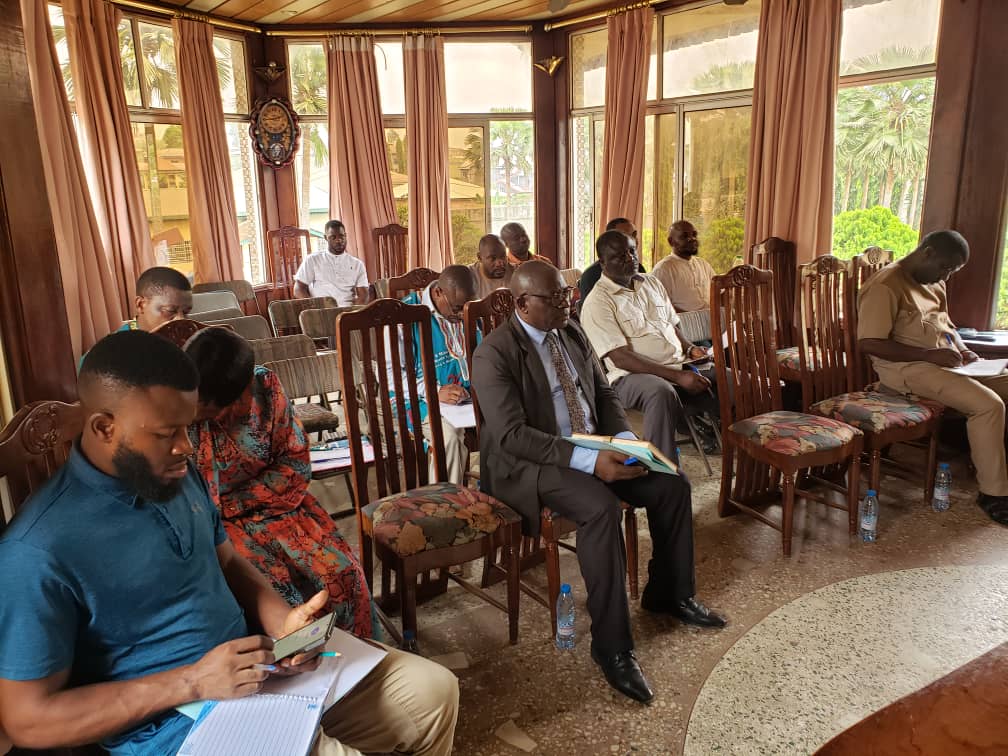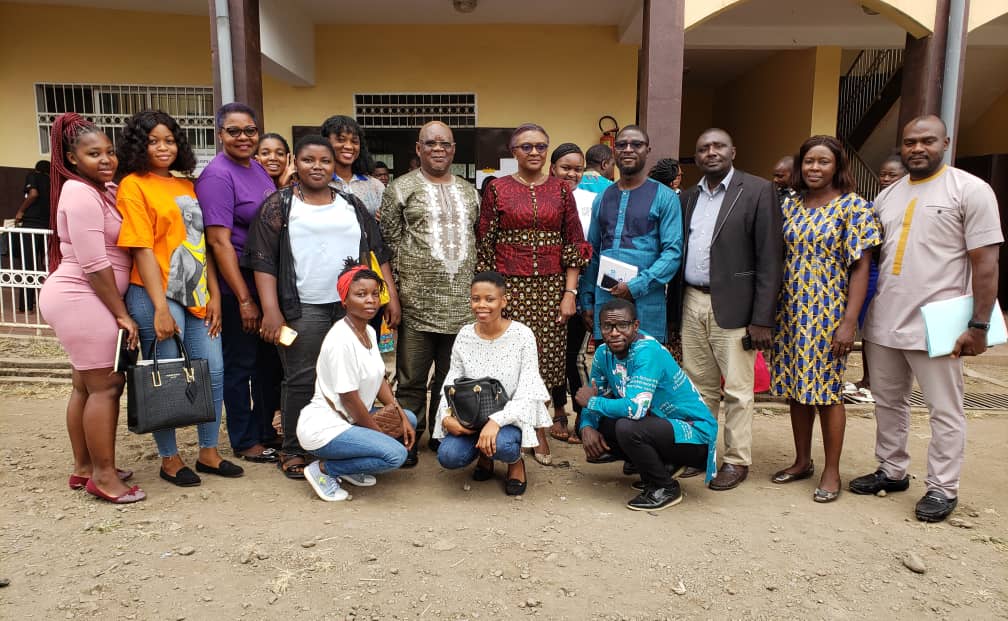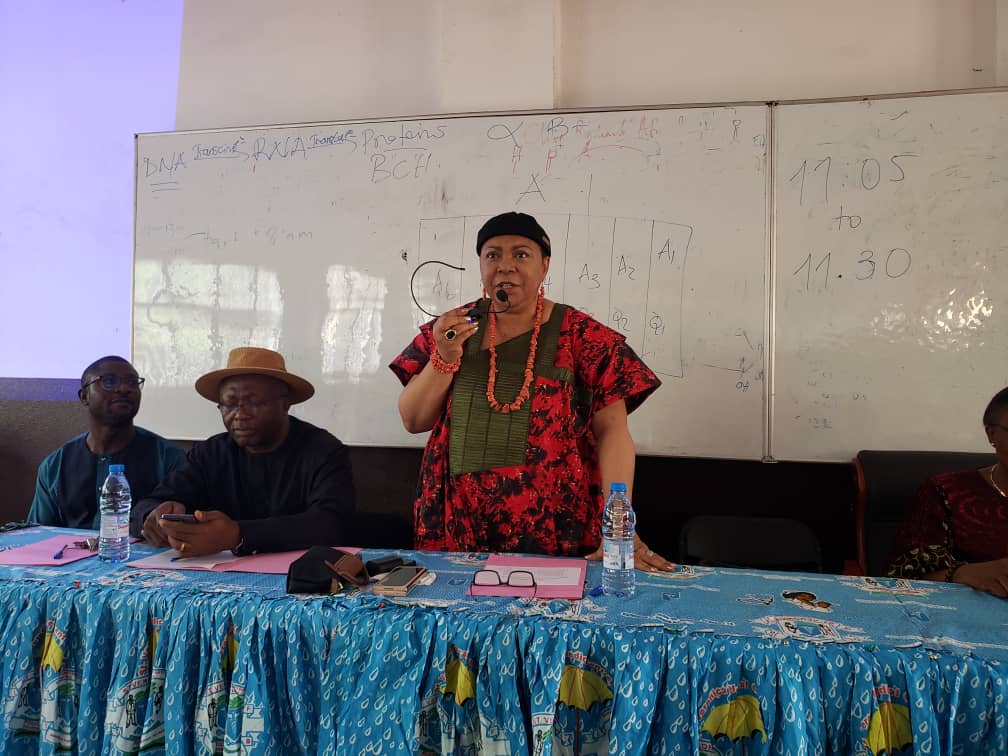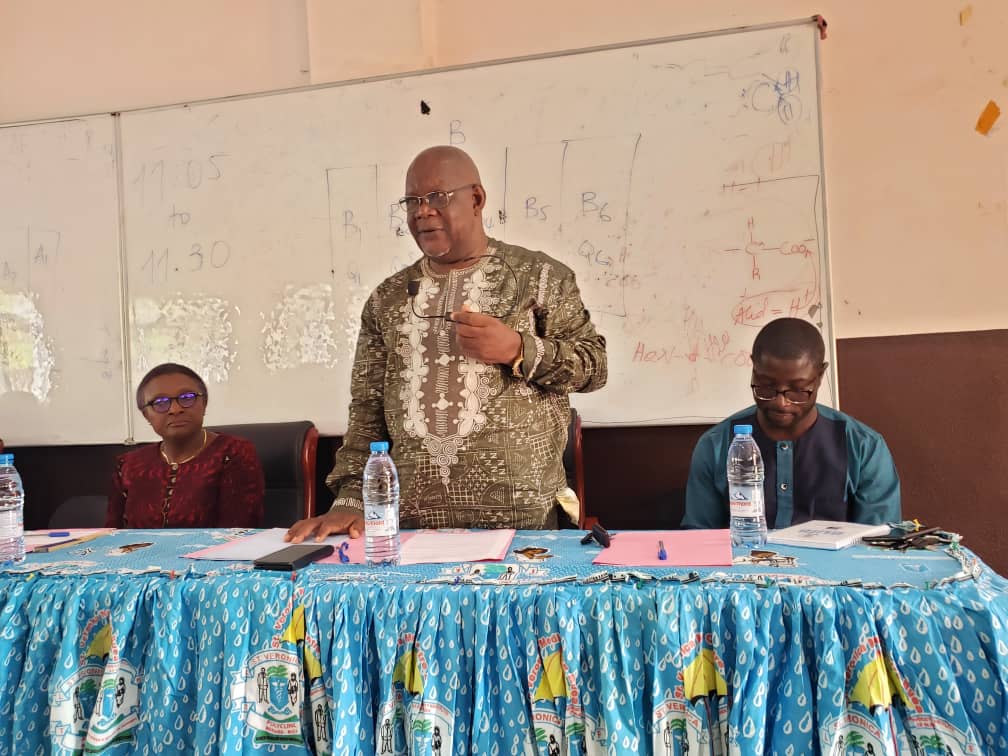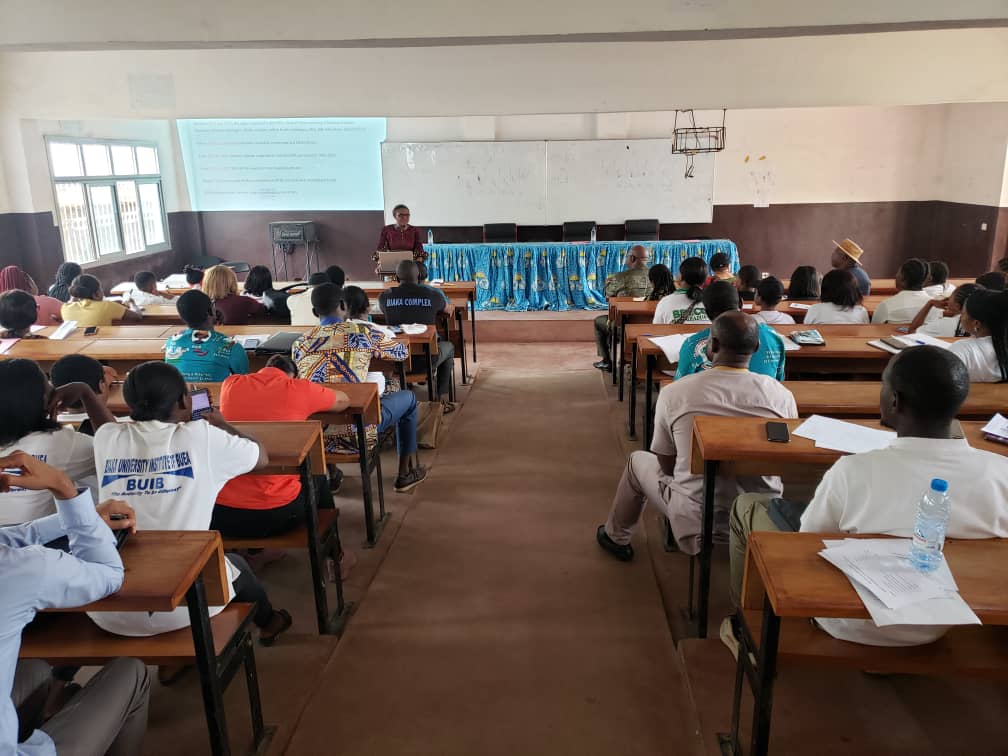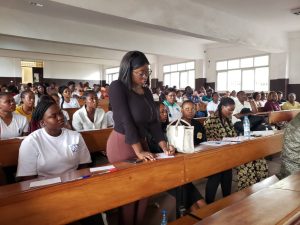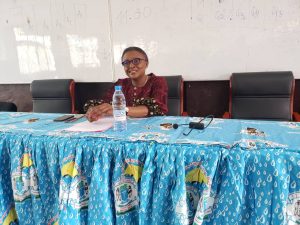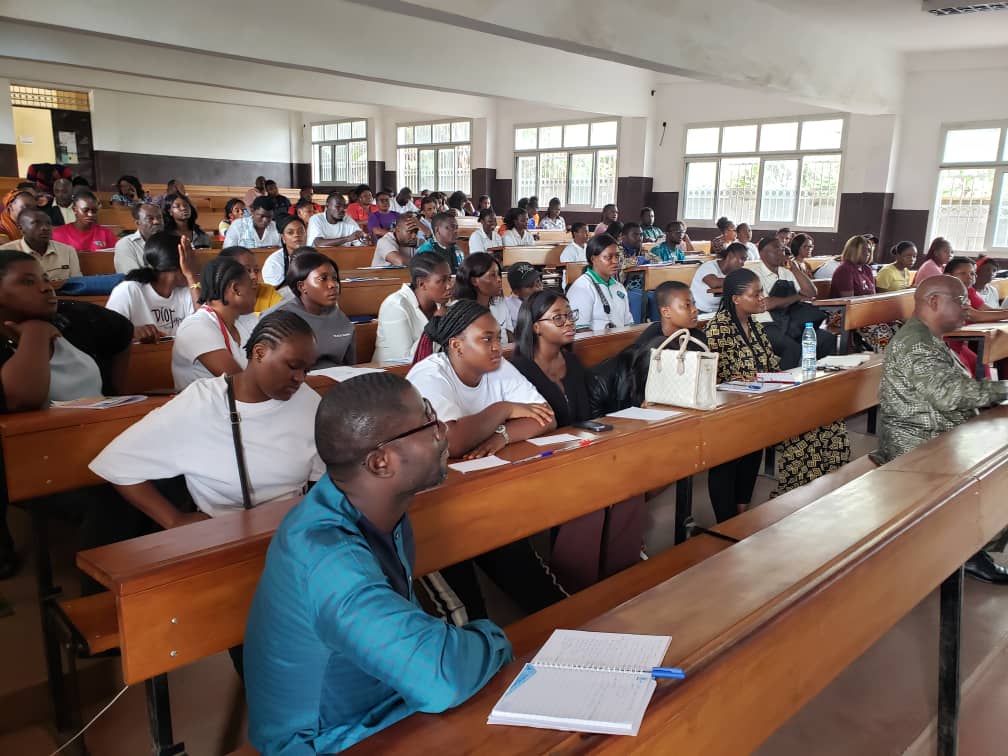On the 2nd of March, under the radiant sun, the Biaka women commenced their Women’s Day celebration at the Limbe Amusement Park. Joined by women from diverse backgrounds, the air buzzed with excitement and camaraderie. Laughter intertwined with the melodies of traditional games – Hopscotch, Seven-Seven, Dodge-ball – played with zest and enthusiasm. The refreshing pool became a hub of joyous splashes and synchronized swimming, creating a mosaic of shared moments and celebration. As the sun dipped behind the horizon, the memory of Limbe’s amusement echoed in the hearts of the Biaka women.
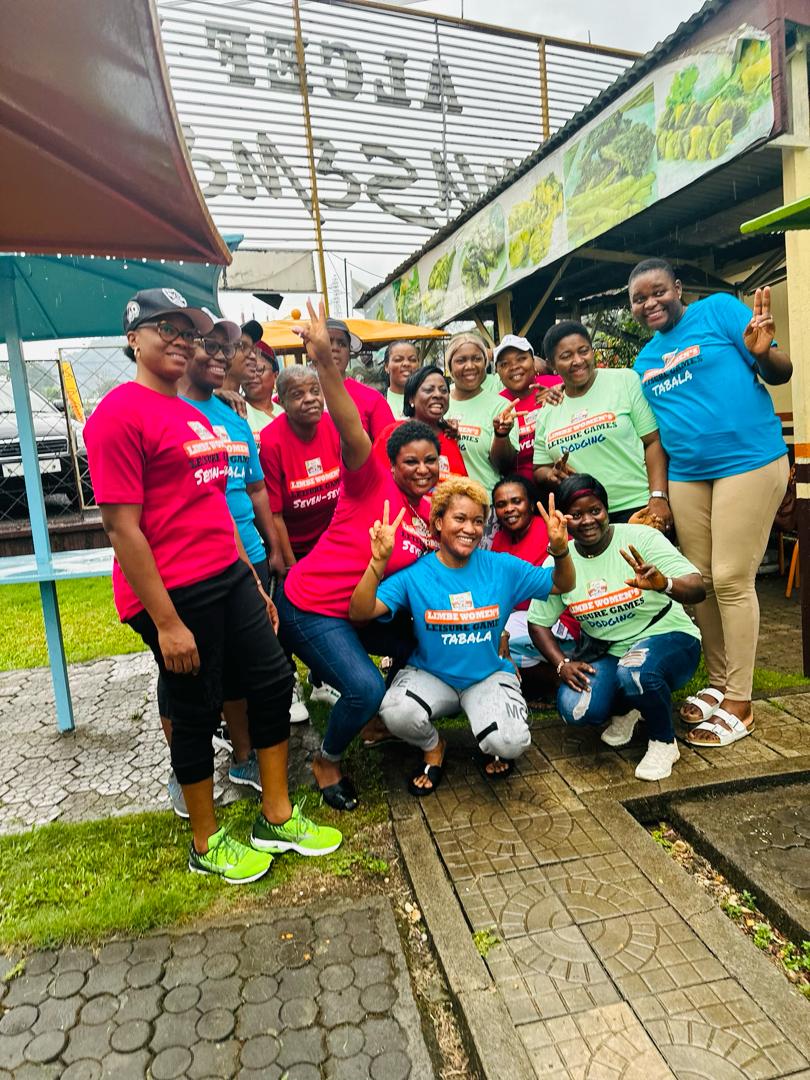
Today, on the 8th of March, they converged at the heart of their academic sanctuary, the Biaka University Institute of Buea Campus. Dr. Mrs. Francisca Biaka, the esteemed Vice Chancellor, stood tall, welcoming the assembly with grace and warmth. Her words carried the essence of unity, empowerment, and the celebration of womanhood.
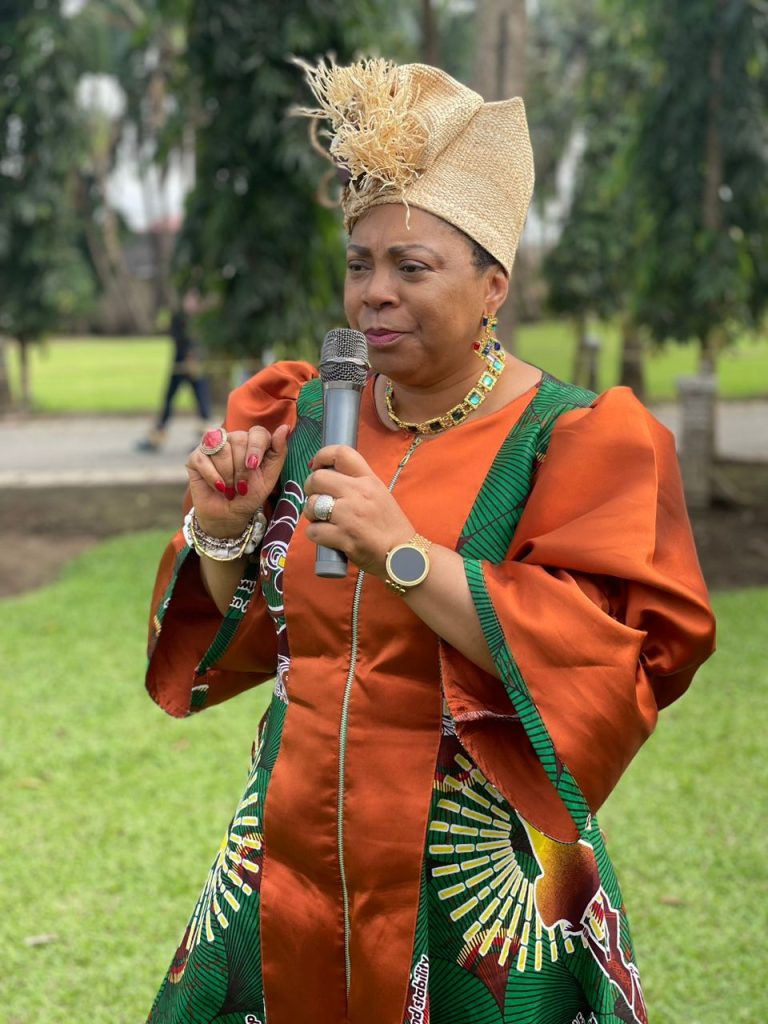
Following the Vice Chancellor’s address, the spotlight shifted to Mme. Nyah Celestine, the Female Staff Representative. With passion and eloquence, she shared insights into the collective journey of Biaka women, emphasizing resilience, achievements, and the unyielding spirit that defined them. The audience absorbed the words like nectar, their hearts swelling with pride for the community they belonged to.
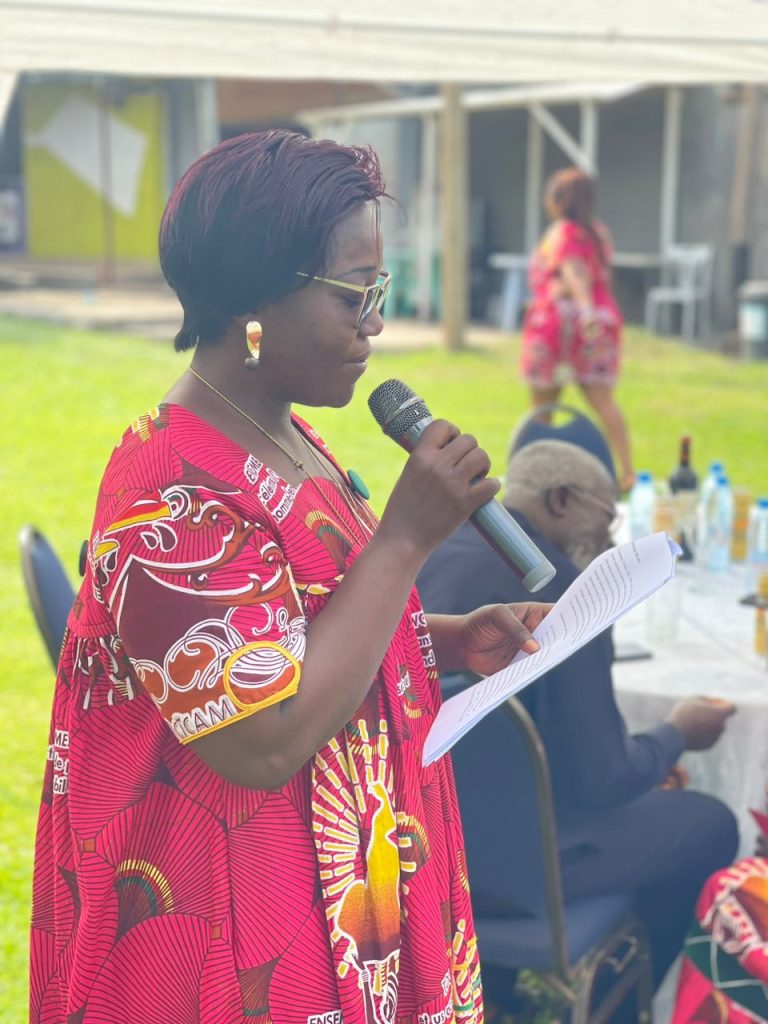
The culmination of speeches gave way to an explosion of merriment and liveliness. The campus transformed into a canvas of celebration – vibrant colors, infectious laughter, and rhythmic beats resonating through the air. Traditional Biaka dances blended seamlessly with contemporary tunes, bridging generations and creating a tapestry of cultural richness.
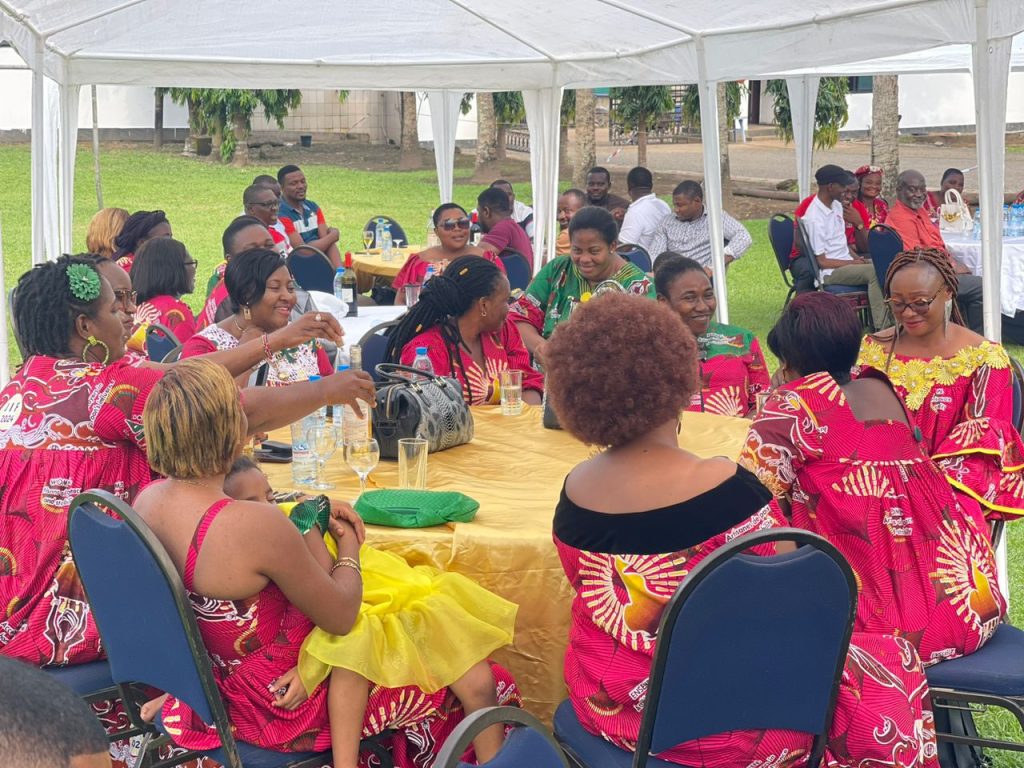
Notably, the celebration wasn’t limited to the women alone; the men, as allies and supporters, were present to cheer them on. Their encouraging presence added an extra layer of support and solidarity to the event, emphasizing the importance of collaboration in celebrating the achievements of Biaka women.
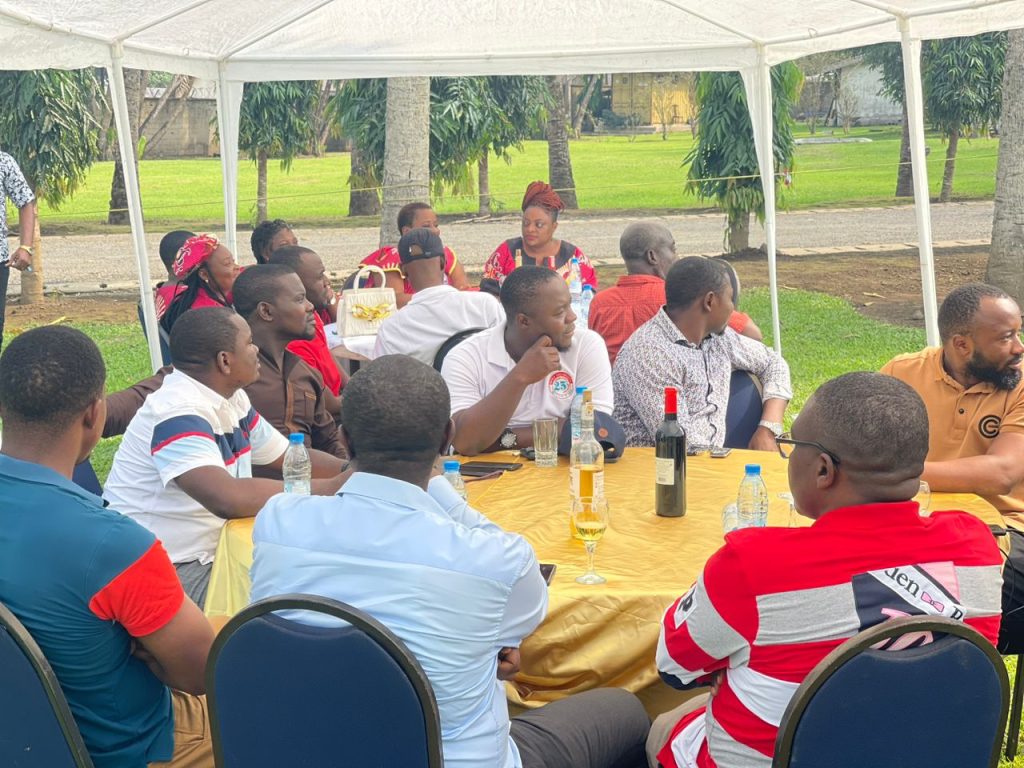
Amidst the festivities, the spirit of sisterhood flourished. Women from all walks of life, bound by a shared heritage, celebrated their uniqueness and strength. The echoes of Limbe’s amusement park were revitalized on this academic ground, creating memories that would linger in the hearts of the Biaka women.
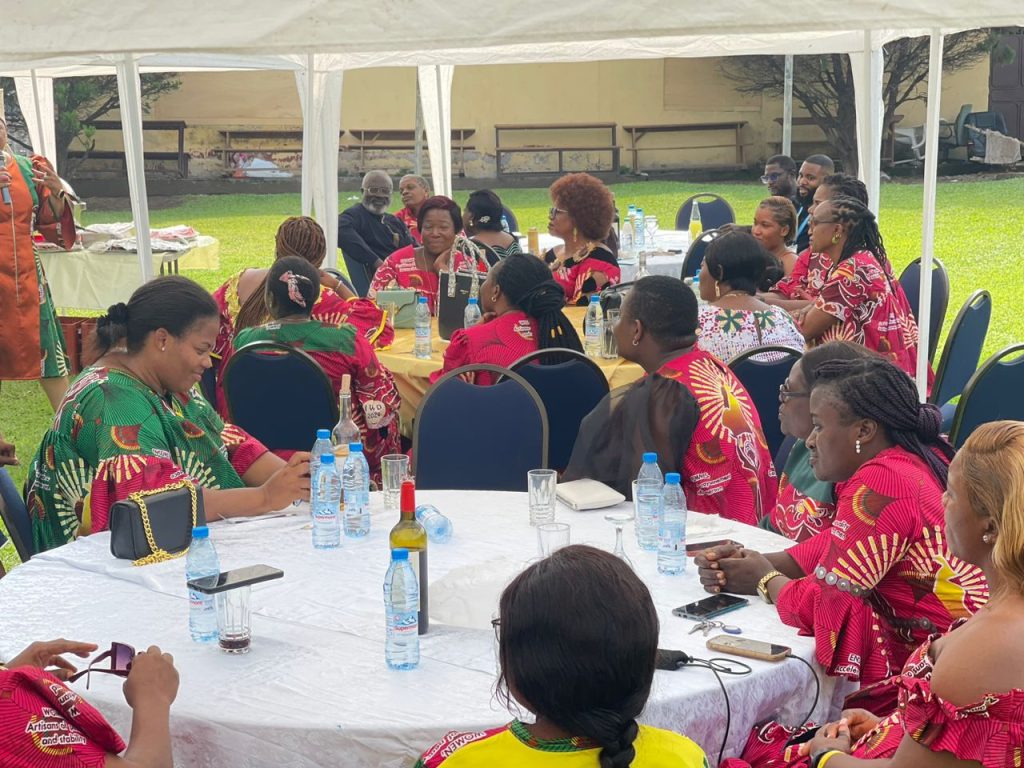
As the celebration drew to a close, the Biaka women dispersed, their spirits lifted, and a newfound sense of solidarity embraced. The Women’s Day celebration became more than a commemoration; it became a testament to the resilience, unity, and vivacity of the Biaka women, leaving an indelible mark on the tapestry of their shared history, with the supportive cheers of the men still echoing in their ears.

